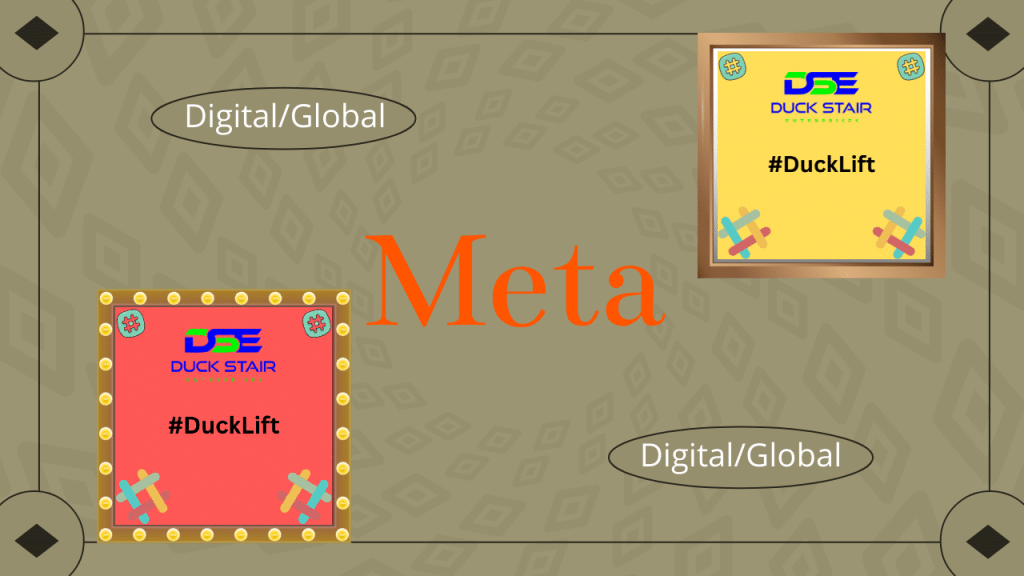Meta

Meta
The expression “meta” is a prefix that begins from Greek, and it is usually used in English to signify something self-referential, rising above, or overall. It frequently suggests a more significant level of reflection or an idea that goes past the prompt topic. In different settings, “meta” is used to show a degree of deliberation, reflection, or examination about the first or fundamental subject.
For instance:
Metadata: Data that gives information about different information. It offers setting and insights concerning the qualities, content, and construction of information.
Metacognition: Pondering one’s own points of view; the mindfulness and comprehension of one’s own reasoning.
Meta-examination: A measurable technique that consolidates the consequences of various investigations to give a more thorough and dependable outline of a specific peculiarity.
Metafiction: Fiction that reluctantly addresses the gadgets and shows of fiction, recognizing its own imitation.
With regards to the web and online substance, “meta” is frequently used to allude to meta labels, meta portrayals, and meta titles, which give extra data about a site page’s substance for web search tools and clients.
Thus, basically, “meta” normally proposes a layer of reflection, self-reference, or a higher-request point of view connected with the idea it is joined to.
1-Advertising Meta:
“Showcasing meta” can have one or two implications, contingent upon the specific circumstance. Here are the most widely recognized understandings:
- Meta-showcasing: This is a more extensive term that alludes to the hypothesis and practice of promoting itself. It incorporates things like figuring out customer conduct, creating viable showcasing procedures, and estimating the aftereffects of advertising efforts.
- Advertising on Meta stages: This alludes to the act of utilising Facebook, Instagram, WhatsApp, and other Meta-claimed stages to arrive at interest groups with showcasing messages. This can incorporate things like making virtual entertainment promotions, running powerhouse crusades, and drawing in with clients through natural substance.
- Meta portrayals: These are short bits of text that show up in web search tool results pages (SERPs) under a page’s title. They ought to be utilised to sum up the substance of the page and tempt clients to navigate.
- Meta labels: These are HTML labels that give data about a page to web search tools. While they don’t straightforwardly influence rankings, they can assist with looking through motors, comprehend your page’s substance and work on its accessibility.
Author

MAIMOONA IRAM
https://backup.brandingmaxmediamulty.comCreative, Dynamic, Innovative.
